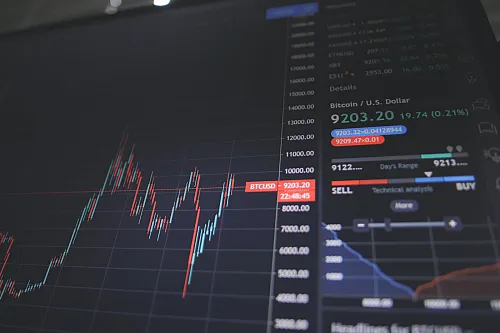01.03.2013
The European Commission may bring damages actions before national courts against companies previously fined in cartel cases
In a recent judgment (C-199/11, Otis et al., 6.11.2012), the European Court of Justice (ECJ) confirmed the European Commission’s ability to ask for damages, before the national courts of the Member States, against companies which infringed EU competition law and were previously fined by the Commission under its investigative powers.
In 2007 the Commission imposed fines totalling more than €992 million on the Otis, Kone, Schindler and ThyssenKrupp groups for their participation in cartels in the elevators and escalators markets of several Member States – at the time, the largest fines ever imposed in a single case. The EU General Court confirmed the Commission’s decision in 2011, and the ECJ has already dismissed further appeals against the General Court’s judgements (other appeals are still pending).
The EU institutions were themselves customers of the companies concerned, regarding the installation and maintenance of elevators and escalators in EU buildings. As such, the Commission (representing the European Union) initiated, in parallel, legal proceedings before the Brussels Commercial Court in 2008, asking more than € 7 million in damages for losses suffered in Belgium and Luxembourg, claiming that prices paid by EU institutions were higher than the market price as a result of the cartel.
Probably further to the parties’ arguments, which alleged that the Commission is “judge and party in its own cause”, the national court referred a number of questions to the ECJ for a preliminary ruling. The main issue was whether the Charter of Fundamental Rights of the EU precluded the Commission from bringing a damages action regarding conduct which had been found to constitute an infringement by an earlier Commission decision.
The ECJ recognises at the outset that the fundamental rights of the parties, as safeguarded, inter alia, by the Charter, must be observed, in particular the right of access to a tribunal and the principle of equality of arms (which are elements of the right to effective judicial protection, enshrined in the Charter).
Although under EU law a previous Commission decision finding an infringement is binding on national courts, the initiation of damages action by the Commission does not breach the right of access to a tribunal. According to the Court, EU law provides for a system of full judicial review of Commission competition decisions by the EU courts, which affords all the safeguards required by the Charter of Fundamental Rights. Besides, national courts retain the exclusive competence to assess whether there is loss and a direct causal link between that conduct and the loss sustained.
The Court also ruled that the Commission’s conduct was not contrary to the principle of equality of arms. The aim of this principle is to ensure a balance between the parties to proceedings, thereby guaranteeing that any document submitted to the court may be examined and challenged by any party to the proceedings. EU law prohibits the Commission from using information collected in the course of a competition investigation for purposes other than those of the investigation. In addition, the information gathered by the Commission during the infringement procedure (information which the companies claimed had not been brought to their knowledge) was not provided to the national court by the Commission, and the Court was satisfied with the assurance that the Commission relied only on the information available in the non-confidential version of the infringement decision within the damages case.
The Commission’s eagerness to pursue the parties to the ‘elevators cartel’ for damages before the national courts should be seen in the context of its longstanding efforts to promote private competition enforcement in the EU Member States, where damages actions by injured parties for competition law infringements are still relatively uncommon, in contrast to the existing situation, for instance, in the USA.
On the other hand, this case evidences the growing importance of fundamental rights issues in EU competition law cases. Considering, inter alia, the future accession of the EU into the European Convention of Human Rights, it remains to be seen whether the administrative system of EU competition law enforcement, currently in place (which is confirmed by the existing body of EU case law), will not be forced to evolve in the coming years, in particular by the rulings of the European Human Rights.



